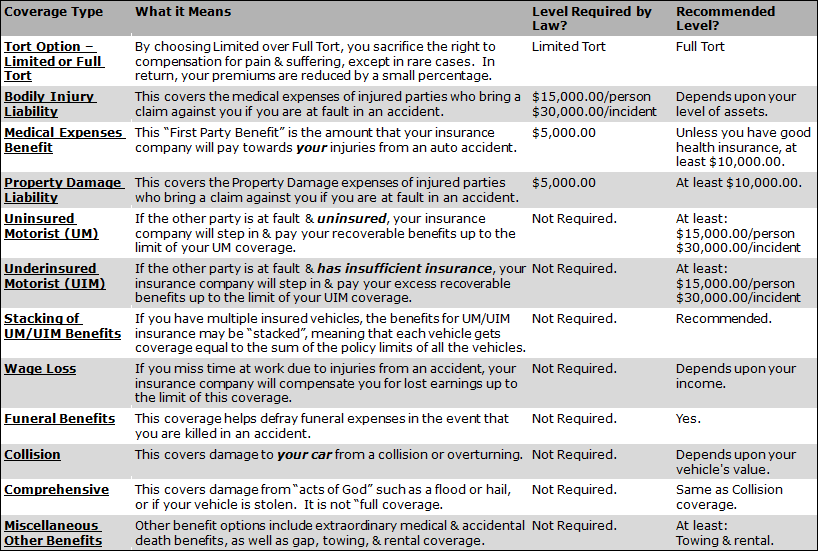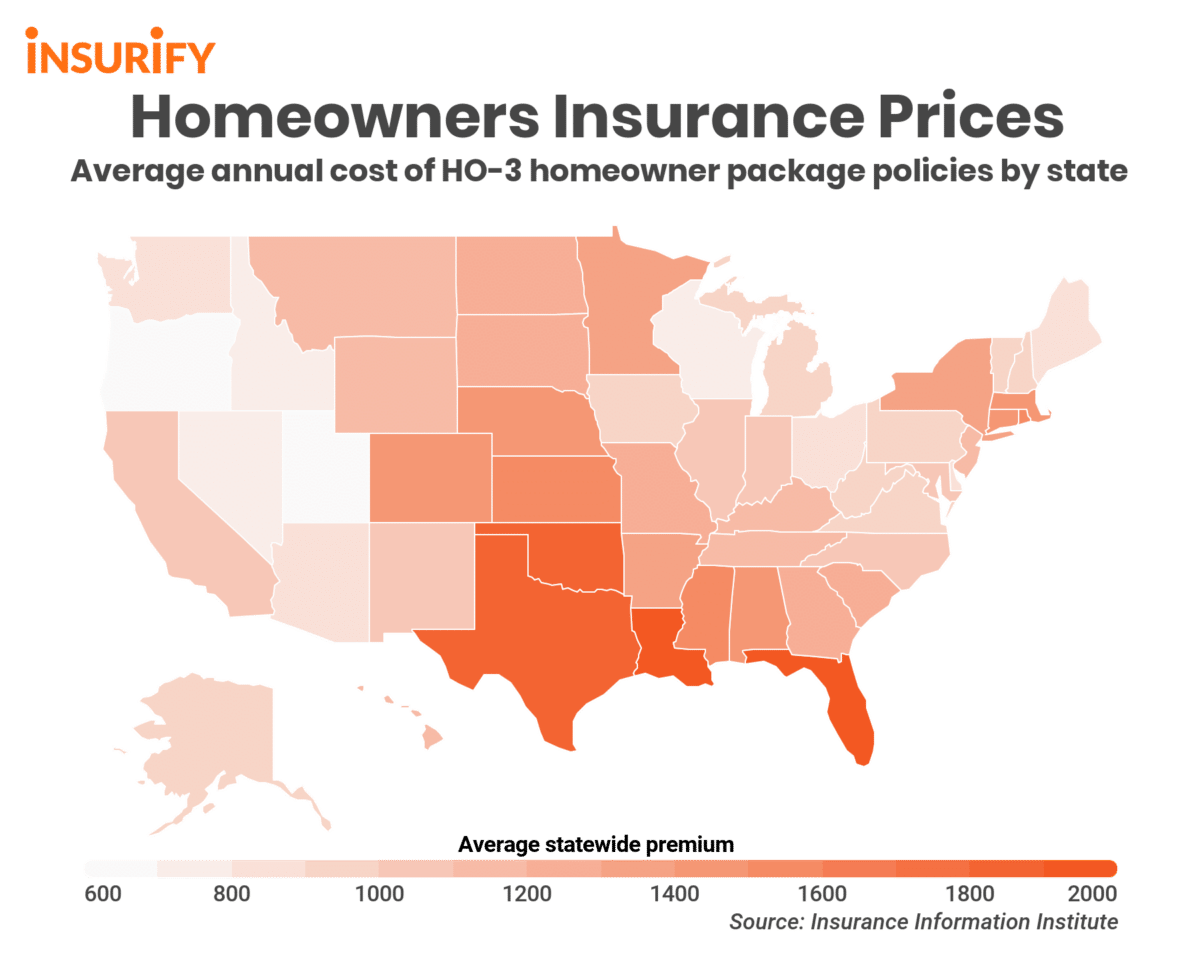
Average car insurance cost per month is an important consideration for every driver. You don't want to pay more for your policy than you have to. This article will discuss how to calculate the average car insurance cost. We'll also cover what factors affect this number and explain how to make sure you're getting the best deal.
Where you live: Prices can vary greatly from one state to another. Some require minimums hundreds of dollars higher. The rates are also affected locally by risk factors such as climate, crime and population.
Your Vehicle: What type of vehicle you drive will have an impact on the cost of your auto insurance. Insuring sports cars and pickup trucks is more expensive than insuring standard cars due to the higher repair cost, speed limits and statistical likelihood of an accident.

A clean driving history can lower your car insurance costs. If you have a poor driving record, however, your insurance costs could skyrocket. In fact, drivers with a history of traffic violations or accidents can see their rates increase by up to 70% on average.
Credit Scores. Drivers with good or excellent credit have a lower claim rate than those without. In some states credit information cannot be used to calculate car insurance rates.
What You Pay: The amount you pay for car insurance can vary depending on many factors. These include your age, your vehicle's make and model, and your driving record. It is often important to compare insurance quotes from a variety of companies to ensure you are getting the best coverage for an affordable price.
The Most Expensive Cars to Insure
The type of vehicle that you drive can have a big impact on the average cost of your car insurance, whether you are looking to buy a new car or a used one. Due to their low repair costs, safety ratings and low accident rate, SUVs and Minivans have lower insurance premiums.

What you can Do About It: To reduce your insurance rates, the best thing to do is to avoid traffic violations. This will help to keep your premiums low. You can enroll in a defensive driver course, take driver education classes, or install safety equipment on your car to lower the odds of a claim.
Ask your insurance provider about a low-mileage rate. It's a good way to reduce the cost of your auto insurance. These discounts are offered by many insurance companies to drivers who do not drive much or travel long distances.
A better credit score: A good credit rating is a sign that you are responsible and reliable in your payments for loans and other financial obligations. This can lead to lower car insurance rates, especially if your health is good and you don't have any history of expensive repairs or high medical bills.